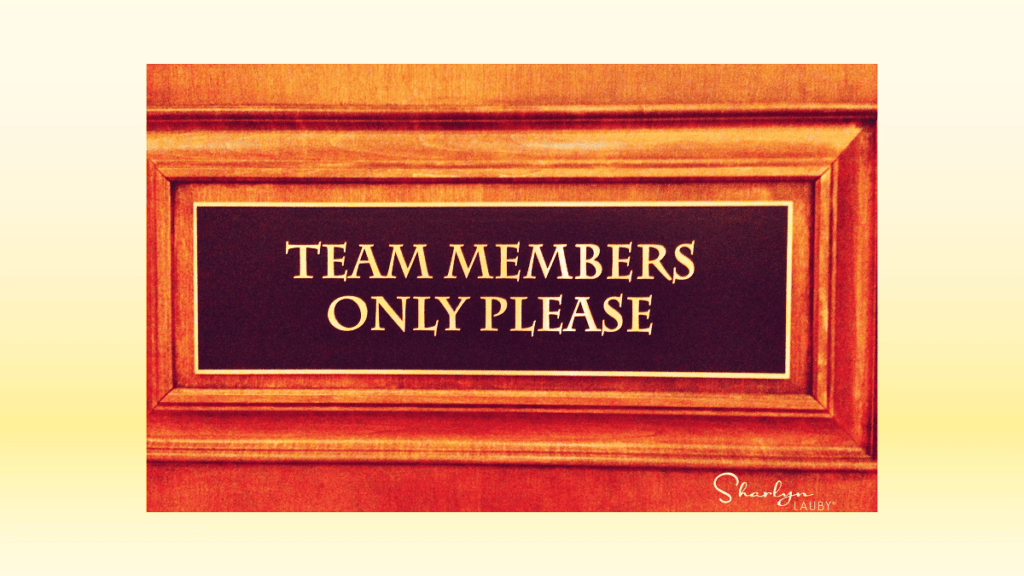Estimated reading time: 3 minutes
We know that recruiting the best talent is a challenge right now. One of the things that can occur when the labor market becomes tough is that performance management becomes tougher. This is one of those things that happens, and we don’t like to talk about it. Thankfully, The Wall Street Journal opened the door with their article “In This Economy, Getting Fired Takes Hard Work”. So, let’s discuss accountability.
I get it. Managers have a poor performer and under any other circumstance, they would be coaching – possibly disciplining – the employee. But, because it’s taking longer to find qualified candidates, they let things slide. And because the candidates we do find aren’t great, the manager let’s things slide some more. Eventually, the manager is in the position of having a poor performer and they don’t know what to do. If the manager tries to discuss it with the employee…the employee says something like, “I’ve been doing it like this for six months and you never said a word.” The manager’s working relationship with the employee becomes strained.
Oh, and let’s not forget that all the other employees on the team are watching this happen. They see how the poor performer isn’t being held accountable. The rest of the team may or may not decide to test out this theory and start performing poorly as well.
I understand the challenges of holding employees accountable when you’re understaffed. But the outcomes can be worse when you don’t. Not holding the employee accountable for their performance hurts the employee (because they’re doing things wrong), the manager (who is losing credibility), and the organization (because performance is suffering which hurts customers and the bottom-line).
If you’re concerned that this might be happening in your organization, here are a few things to consider:
Properly train employees. Make sure that employees are well-trained for their responsibilities. In my experience, these situations often happen because employees weren’t trained. They don’t know the performance standard until they make a mistake. Hopefully, by giving employees the proper training, you avoid misunderstandings about performance.
Talk with managers. Let the management team know that the organization supports them and holding employees accountable. Make sure that managers are trained to address performance issues early before they become larger issues.
Have a Plan B. In today’s business world, we have access to freelancers, contractors, consultants, etc. Start building relationships with people who can jump in and assist. This is great not only when the organization is understaffed, but also when there’s a short-term increase in activity. Use contingent labor to your advantage.
This is a really tough situation. It’s hard enough to manage performance but to include the challenge of not being able to properly staff the operation adds a much bigger layer of pressure. We’re not even considering all the other pressures that managers deal with. No one wants a manager to be stressed out or burned out because they’re trying to do the right thing.
Organizations need to make sure that managers know they have support. If they need training, give it to them. Or maybe they need a coach or mentor who can offer some empathy and advice. Talk with your managers, see if you can find some solutions. But know that letting accountability suffer isn’t one of them.
Image captured by Sharlyn Lauby while exploring the streets of Fort Lauderdale, FL
The post Employee Accountability Cannot Suffer Because Of a Challenging Labor Market appeared first on hr bartender.



0 Commentaires